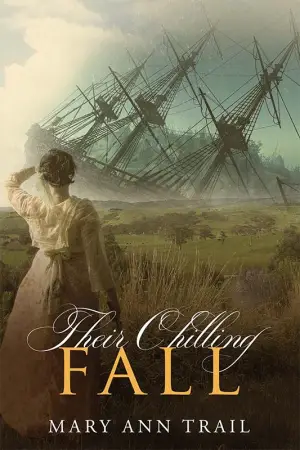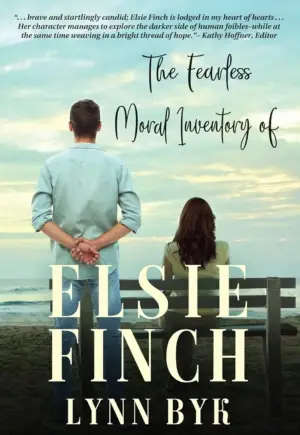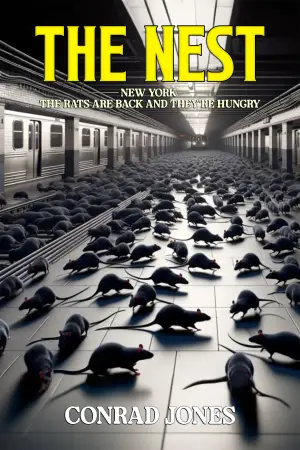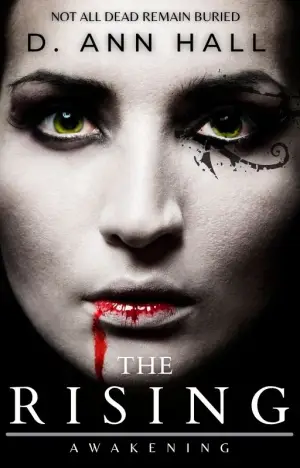A Journey Through the Heart of the Civil War: A Review of The Civil War Trilogy by Michael and Jeff Shaara
Growing up, the echoes of history often felt distant—acts of valor and tragedy blurred into textbook pages. Yet, the moment I encountered Michael Shaara’s The Killer Angels, I found myself captivated by a story that breathed life into those faint echoes. It ignited a flame of curiosity about a conflict that shaped the fabric of America. Now, having explored the full breadth of The Civil War Trilogy with both Gods and Generals and The Last Full Measure, I’m compelled to share the experience that unfolded.
The trilogy is a masterful blend of perspective and profundity, painting a vivid portrait of the Civil War through the eyes of its prominent leaders—men who weren’t merely commanders but deeply flawed human beings navigating the storm of moral dilemmas. Gods and Generals introduces us to characters like Stonewall Jackson and Joshua Chamberlain. I found myself pondering their commitments to their states and the Union—an internal conflict that resonated profoundly, echoing the complexities of loyalty and honor. The narrative often enveloped me in moments of quiet reflection, especially in scenes where the weight of decision-making collided with the chaos of battle.
Transitioning to The Killer Angels, I felt like a spectator on the blood-soaked fields of Gettysburg. Shaara’s portrayal of the battle’s strategic maneuvers is nothing short of cinematic. The alternating perspectives between both the Union and Confederate generals create a tapestry of humanity where I often found myself empathizing with both sides. The famous quote, “Yes, it was horrible, horrible indeed…” crystallized my understanding of war’s brutal reality. It highlighted how the monstrous nature of conflict often engulfs the humanity of those involved.
As I navigated through The Last Full Measure, the narrative deepened, showcasing the arc of despair and resilience as the war neared its end. The struggle between Ulysses S. Grant and Robert E. Lee brought a profound irony to the forefront—themes of respect and rivalry mingling amid the path to reconciliation. The moment when Lee surrendered, marked by Chamberlain’s poignant salute, left me awash in a bittersweet wave of hope and sorrow. It was a stark reminder of the costs of conflict and the effort of healing required afterward.
The writing style throughout the trilogy is both accessible and evocative. The sheer depth of research is apparent, yet it flows naturally, making complex historical contexts digestible. Shaara’s knack for character development is particularly impressive; I felt their triumphs and failures as if they were my own.
For anyone with an interest in history—whether a seasoned Civil War aficionado or a casual reader—this trilogy offers a compelling entry point. It moves beyond mere facts and dates and delves into the emotional landscapes of its characters, resonating deeply with today’s narratives of conflict and reconciliation.
In a world where we often forget the faces behind the statistics, The Civil War Trilogy reminds us that history is best experienced through the lens of humanity. My reading journey was not just informative; it was transformative, encouraging me to confront our collective past with empathy and understanding.
So, if you find yourself curious about the Civil War or simply seeking a work that weaves history with human experience, I wholeheartedly recommend diving into this trilogy. Its layers of complexity and depth will both educate and move you, just as they did for me.






